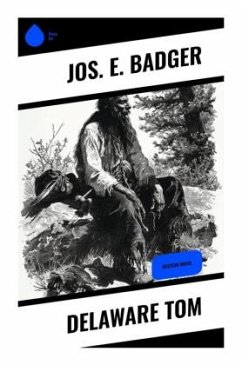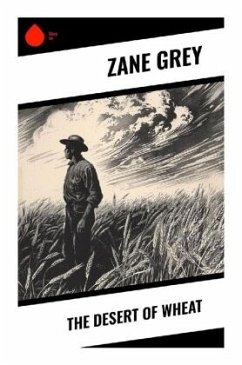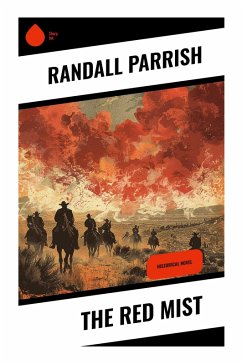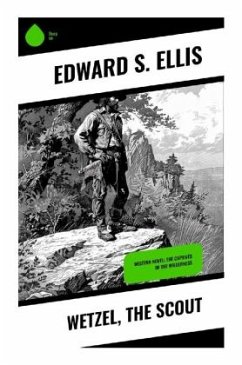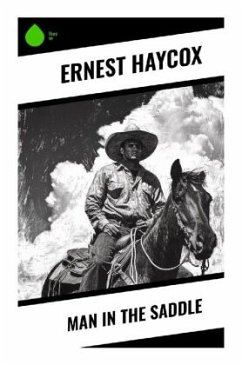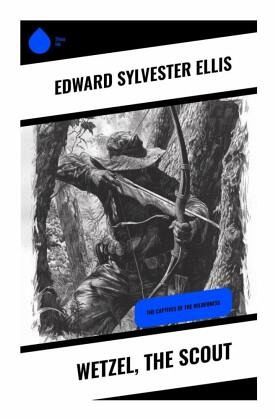
Wetzel, the Scout
The Captives of the Wilderness
Versandkostenfrei!
Versandfertig in 6-10 Tagen
8,50 €
inkl. MwSt.
Weitere Ausgaben:

PAYBACK Punkte
0 °P sammeln!
"Wetzel, the Scout," by Edward Sylvester Ellis, is a compelling narrative set against the backdrop of the American frontier during the early 19th century. The novel chronicles the adventures of Lewis Wetzel, a legendary figure renowned for his bravery and cunning as a scout. Ellis masterfully blends historical fact with fiction, employing a vivid, descriptive style that immerses readers in the wild landscapes and perilous encounters of the Ohio wilderness. The work is emblematic of the dime novel genre, which sought to capture the spirit of American expansionism and the confrontations between ...
"Wetzel, the Scout," by Edward Sylvester Ellis, is a compelling narrative set against the backdrop of the American frontier during the early 19th century. The novel chronicles the adventures of Lewis Wetzel, a legendary figure renowned for his bravery and cunning as a scout. Ellis masterfully blends historical fact with fiction, employing a vivid, descriptive style that immerses readers in the wild landscapes and perilous encounters of the Ohio wilderness. The work is emblematic of the dime novel genre, which sought to capture the spirit of American expansionism and the confrontations between Native Americans and settlers, ultimately reflecting the complexities of American identity during this era. Edward Sylvester Ellis was a prolific author, educator, and adventurer whose life experiences greatly informed his writing. Born in 1840, he had a profound interest in American history and the myths surrounding frontier life, influenced by his own encounters with Native American culture and his explorations of the expanding frontier. Ellis's deep-seated understanding of this tumultuous period enabled him to craft characters that resonate with authenticity and emotion, illuminating the dichotomies of courage and conflict inherent in the era. I highly recommend "Wetzel, the Scout" to readers interested in American history, adventure, and the moral complexities faced by individuals in a rapidly changing landscape. Ellis's engaging prose and rich historical detail not only entertain but also provoke reflection on the legacies of those who shaped the nation. This novel serves both as an exhilarating adventure and a poignant exploration of the human spirit in the face of adversity.





